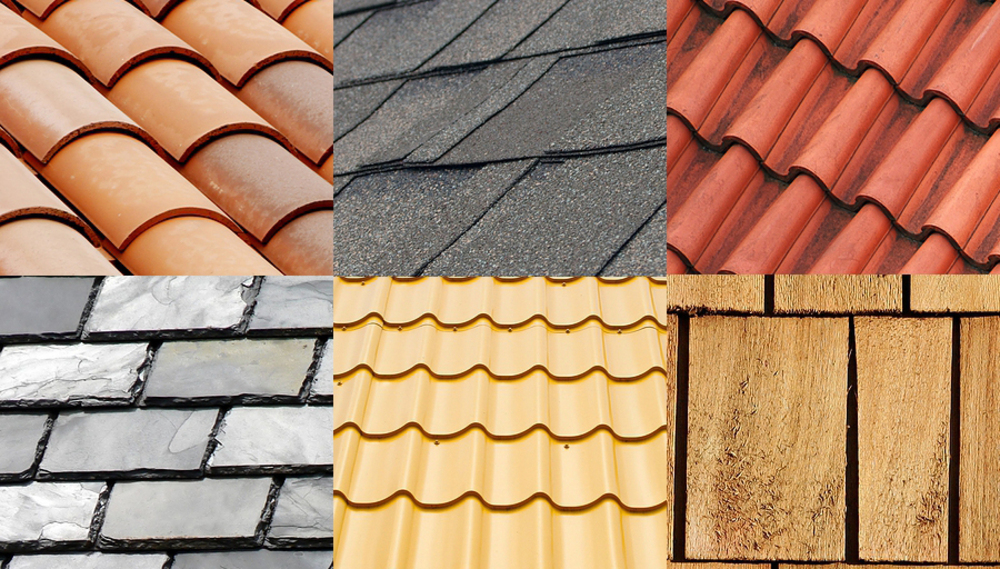So, you have finally decided to have your roofing contractors Scottsdale AZ replaced. Congratulations! You have just made one of the most crucial steps toward improving the longevity and value of your home. However, you must realize that it’s just the first step. What you need to do next is decide on the type of roofing that you’ll use.
Keep on reading as we have compiled a guide that’s guaranteed to help you with this process.
Basic Considerations When Choosing Roofing Materials
Before we dive into the most common types of roofing and each of their pros and cons, let’s first talk about a few basic considerations, such as the following:
Longevity – How long should the material be able to last?
Weight – Can the existing structure support the roofing replacement?
Durability – Is it capable of holding up to the weather of the area?
Aesthetics – Can the new material complement the property’s look and feel?
Slope – Is the angle sufficient?
Local code – Would my new roofing adhere to the municipal regulations?
Environmental friendliness – Is the material safe for the environment?
Once you have assessed the considerations we’ve mentioned above, you can then move on to choose any of the popular roof repair Scottsdale materials, which are the following:
Asphalt Shingles
Asphalt shingles are so common that they make up 80% of the country’s housing market. Shingles made of asphalt are moderate in weight and relatively inexpensive. They also have excellent wind and fire resistance. They’re appropriate for different slope types.
Pros
They are widely available and they come in a wide range of colors
They’re among the least expensive roofing materials
The installation of asphalt shingles is quick and easy
Cons
They have a shorter lifespan compared to other roofing materials (up to 25 years)
Their quality can vary drastically
Clay and Concrete Tiles
Clay and concrete roofing Scottsdale tiles are durable and last for a long time. They are excellent for energy efficiency, and they give homes an Italian or Spanish appearance. In modern homes, you’ll find concrete tiles more rampant.
Pros
Lightweight varieties are available
The only maintenance required is checking for loose or cracked tiles
Some products offer lifetime warranties
Cons
Tiles can chip or crack
They often require reinforced wood framing
Metal Roofing
Metal roofing materials are our personal favorites as they’re recyclable, lightweight, and energy efficient. They are also durable. Since they are the most modern-looking roofing materials, they can drastically upgrade your home’s appearance.
Pros
Durable, they last longer than wood or asphalt
Resistant to harsh weather conditions
Metal roofing provides high solar reflectance
Cons
They are relatively expensive with the cheapest being $100 a square
Slate
If you’re interested in using a classic roofing material, then slate is exactly what you are looking for. You’ll find lots of buildings that have endured decades or even centuries without their slate tiling getting damaged. Slate is made from all-natural materials, making it an eco-friendly option.
Pros
Fire resistant
Considered virtually indestructible
It’s a sustainable Scottsdale roof repair material that’s recyclable
Cons
Imported slate varies in quality
Its installation must only be done by professionals
Wood Shingles
Typically, cedar is used to make wooden shakes but you’ll be able to find some that are made of other types of wood. What we love about them is the fact that they give the home a natural look. They also add charm and character to older homes. They’re recyclable and made of natural materials.
Pros
They give off a rustic look
The natural character of wood blends well with the landscape
Most shakes are made out of redwood, cedar, and southern pine
Cons
Wooden shakes are highly flammable
They can only last up to 25 years
Synthetic Roofing Products
Many new Scottsdale roofing materials available on the market today are made to resemble slate or wooden shakes but they are actually high-tech plastic blends. They are ideal for old homes, which look good with wooden shakes.
Pros
They’re mostly fire-resistant
Easy to maintain
Very durable. Can last up to 50 years or more
Cons
The quality varies depending on the manufacturer
Prices start at $300 a square
